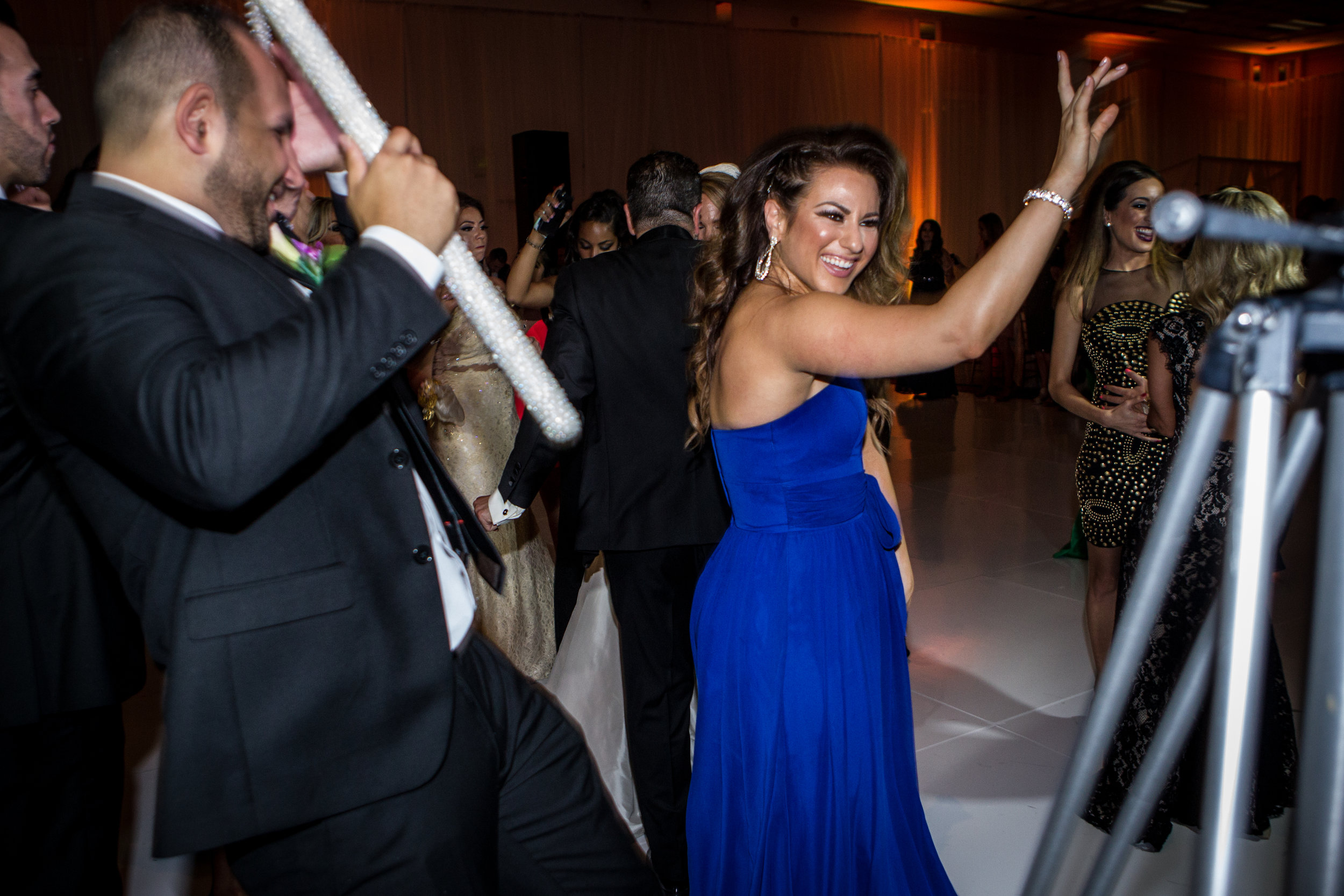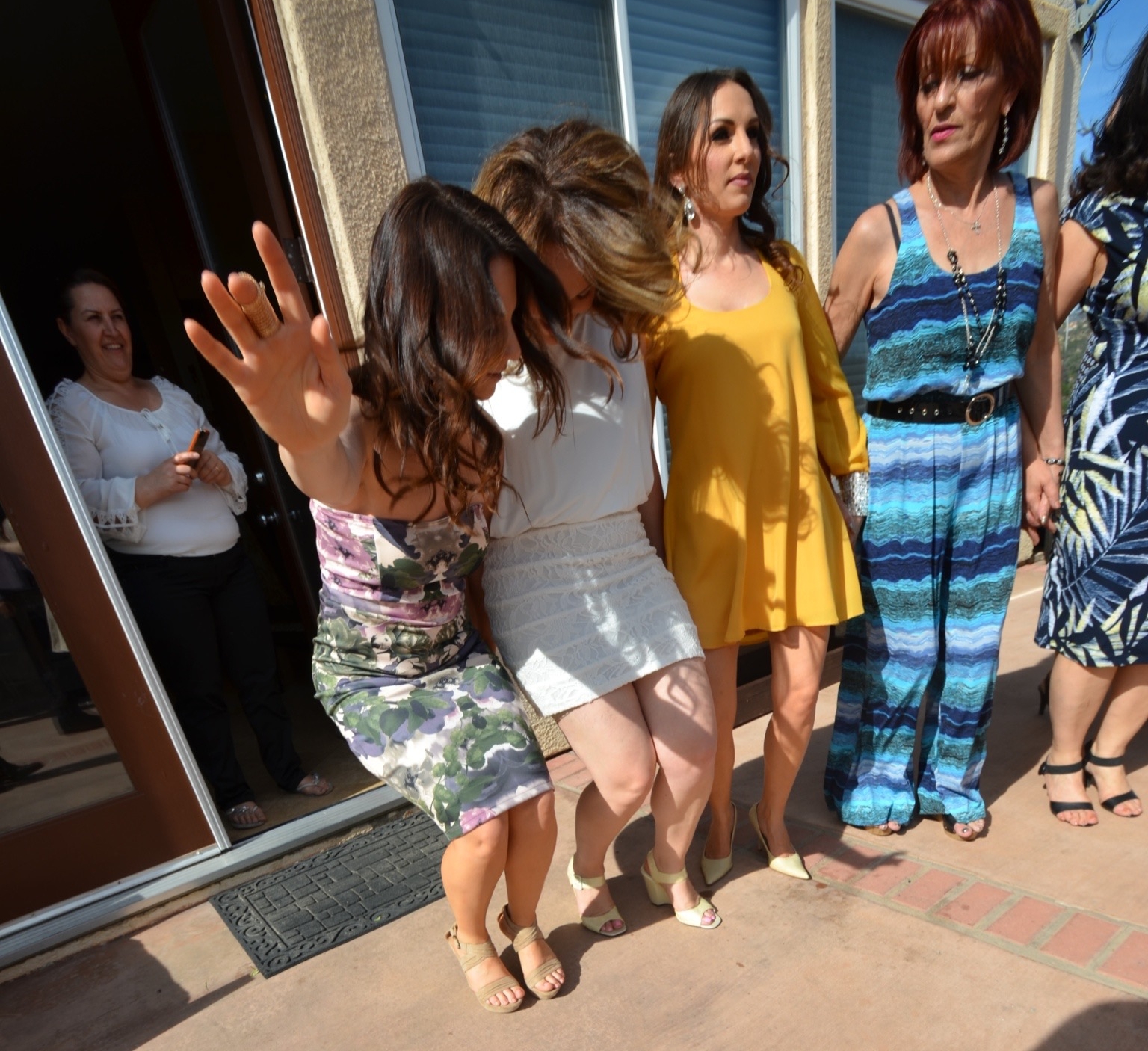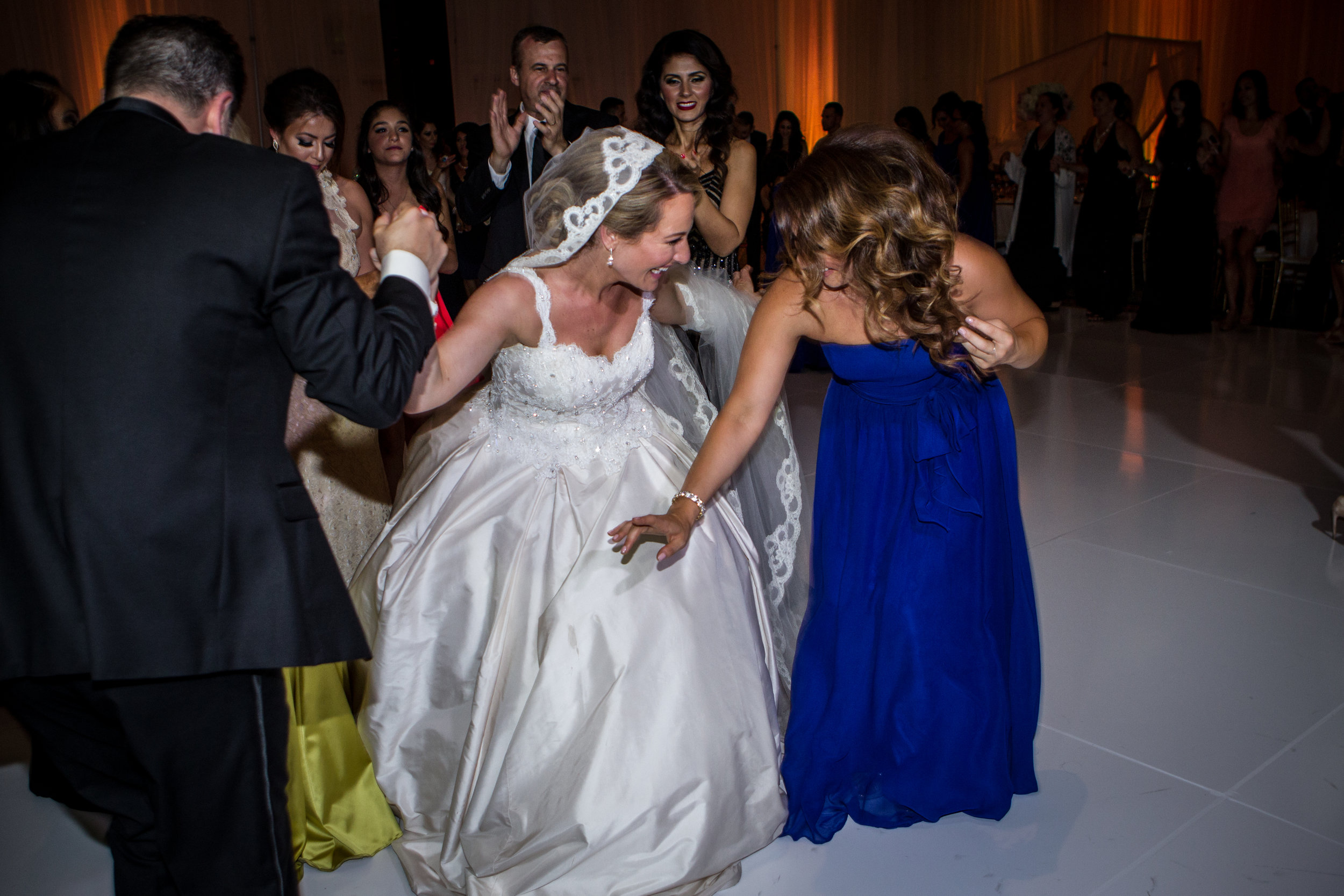More than the Khigga
Ashley Barno has taken on the task of teaching traditional Chaldean dances
By Ashourina Slewo
As engagement season continues, many couples will find themselves planning their wedding and preparing for an evening that is sure to bring lots of love, food, and dancing. Wedding planning comes with many details and intricacies that almost always take precedence over being concerned about being able to keep up with traditional Chaldean dances.
Creating a sense of unity and excitement, dances like the khigga yagoora and shaykhani are one of the focal points of Chaldean weddings. These line dances are an important Chaldean custom that dates back even before recorded history. Each dance is dictated by the song and its tempo, if the song is fast, the dancers move fast.
For Ashley Barno, the traditional dances are her favorite part of weddings, as they root her to her culture. “My absolute favorite activity is dancing Chaldean dances,” said Barno. “I went to a wedding a few years ago and the dance floor was empty and everyone was at the bar, hanging out until the DJ came on and played English music. The sight of that made me so sad.”
Noticing the generational disconnect, Barno decided that she would take on the task of teaching these traditional Chaldean dances. “I saw that the generation I grew up in didn’t really learn our dances as I did growing up,” explained Barno. “I quickly realized that it would eventually be a dying tradition and thought to myself that I had to try to keep it alive.”
Having learned the dances early on in her childhood, Barno was well equipped to pass on her knowledge. Barno’s revelation at the wedding, paired with the fact that she had friends who had requested lessons solidified her drive to teach traditional dances.
“I’ve been teaching since I was about 14 or 15 years old, but when I was younger, I taught family and friends,” said Barno. “I began doing this as a profession a couple of years ago when a friend of mine asked me to teach him how to dance in preparation for his wedding.”
The San Diego native does not currently have a studio in which she teaches out of, instead opting to make house calls. Barno is flexible in her methods as she teaches wherever her clients feel most comfortable, whether it’s their home or business, and even opens her own home up to clients.
In keeping the clients comfortable, Barno offers private lessons, both to individuals and groups. Many of her clients come to her in the wake of a wedding and according to Barno, not all of her clients are Chaldean. “My usual clients are couples getting married or bridal parties,” she explains. “[The] majority are Chaldean or if they aren’t Chaldean they’re usually marrying someone that is Chaldean.”
Barno feels that knowing these traditional dances is just one way for Chaldeans to stay connected to their culture and history. “Our dances are a big part of our Chaldean culture which is incredibly beautiful,” she said. “We all need to work hard at keeping our traditions alive and not forget how to dance our dances among other things.”
She prides herself on being able to aid in the preservation of this major Chaldean tradition. “I teach all of the dances: gorgina, khigga yaqoora, chobi, shaykhani yaqoora (bagiye), shaykhani, gubarey and more,” said Barno. “I have given belly dancing tips but I would say my expertise is traditional Chaldean dance.”
“The response has been amazing,” said Barno. “I get messages and comments from Chaldeans from all over the world telling me how much they love what I am doing and appreciate my efforts to continue these traditions.”
Even as Barno resides in California, she has made an effort to spread her knowledge to those wanting to learn in Detroit and Chicago, as well. As advertised on her Instagram, Barno will take the opportunity to teach when she is in either city. In addition to teaching when she’s in Detroit, Barno has even brought her cousins, who live in Detroit, on board to help teach.
Barno attributes much of her success to her uncles Ameed and Abeer Asmaro. Ameed is a singer, while Abeer is a drummer. “I wouldn’t be doing this without them and growing up with their influence.”
“I just want everyone to know that everyone can learn [to dance],” said Barno. “I was born in the U.S. and I’m teaching Chaldeans from all over. I know a lot of people are shy and don’t want to learn at a wedding or party. This is why I am doing private lessons so everyone can learn in their own comfort.”
For more information about Barno and lessons offered, find her on Instagram @chaldean_dance




